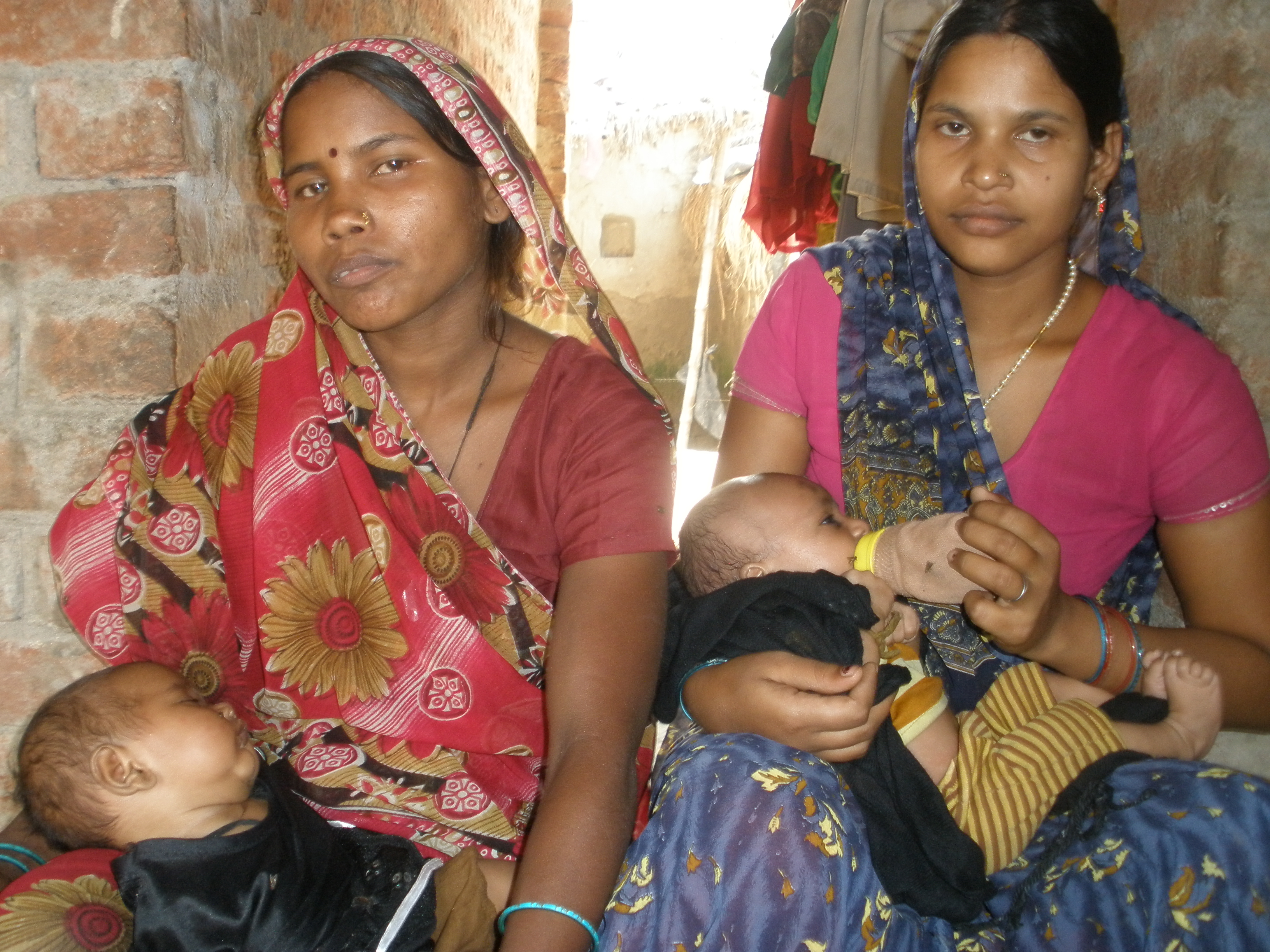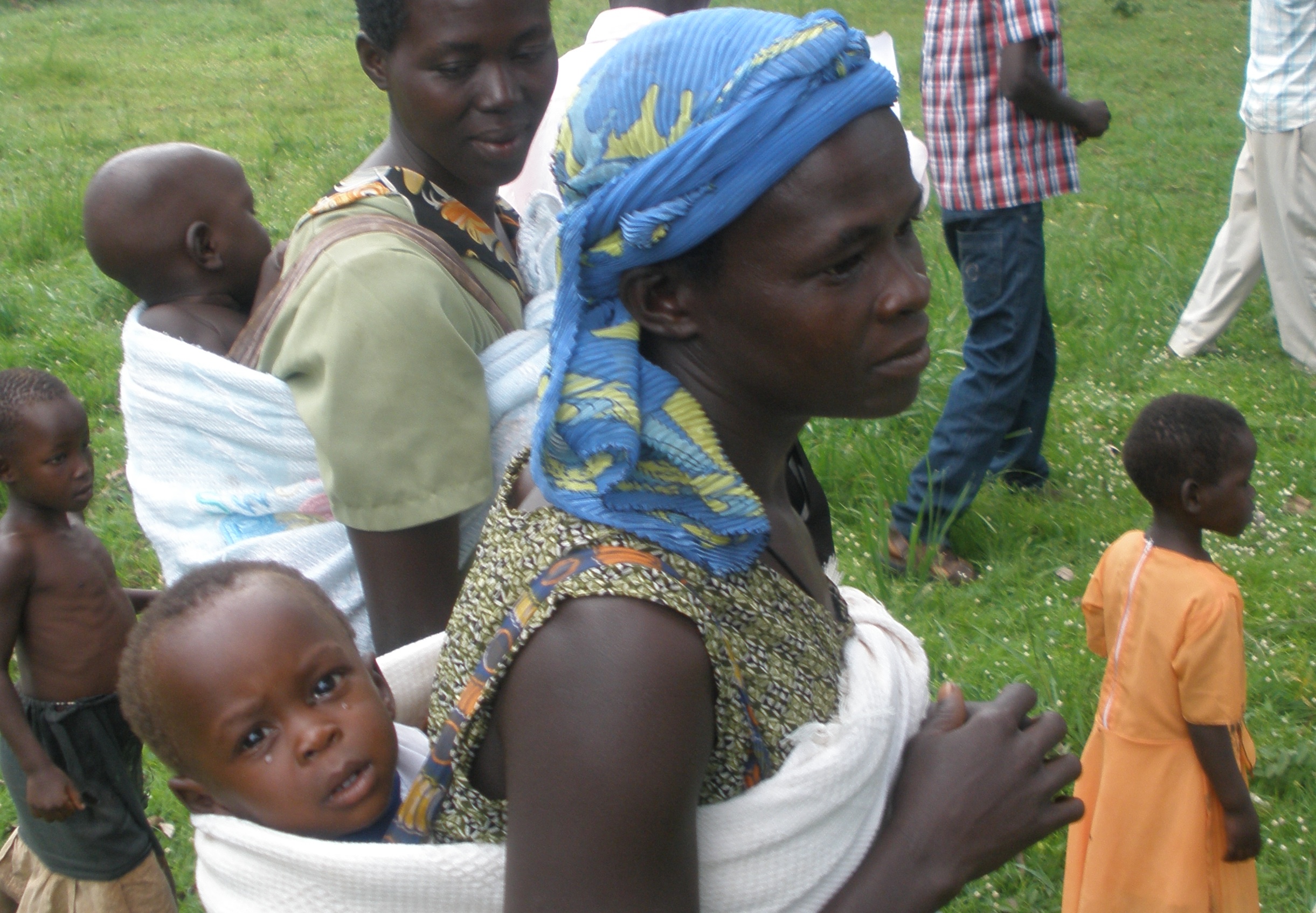
Behavior change is central to improving maternal and infant health in the 1,000 Days from pregnancy through the child's second birthday. Sufficient food and good nutrition, clean water, and suitable sanitation and hygiene are all essential for healthy brain and body development. In reporting on the 1,000 Days around the world, Roger Thurow discovers that changing behavior is equally important in improving the survivability and health of children.
Behavior change is particularly important in India. In rural India, long-held cultural, social and religious practices have often threatened infant survival. Many mothers delivered their babies at home (as did their mothers and grandmothers), despite unsanitary conditions; breastfeeding was delayed for several hours, with the first milk considered unclean and discarded; smoldering cow dung fires meant to ward off evil spirits surrounded the baby with smoke for the first days of life. At the beginning of the 21st century, India—for all its progress in agriculture production, high-tech industry and Bollywood entertainment—was among the world's worst in child mortality, with a rate of more than 100 deaths of children under five per 1,000 live births. And of those children who survived, nearly half were malnourished and stunted physically and cognitively.
In this Meet the Journalist video, Thurow describes the work of the Community Empowerment Lab, an organization focusing on behavior change in rural Uttar Pradesh.


